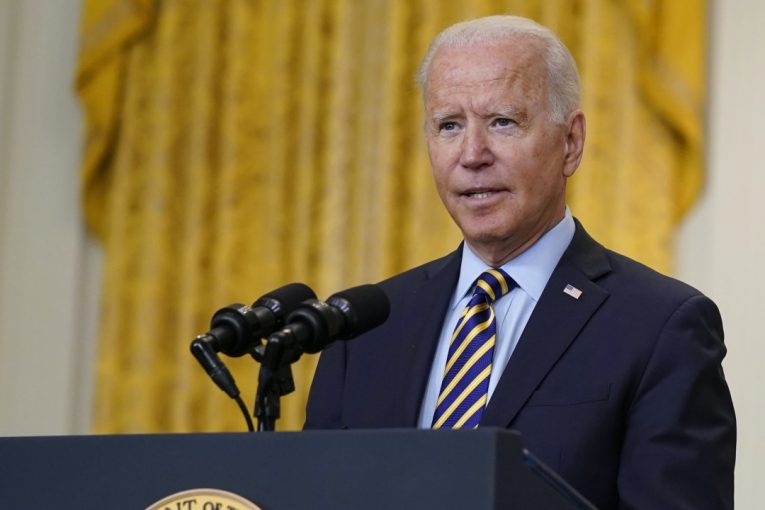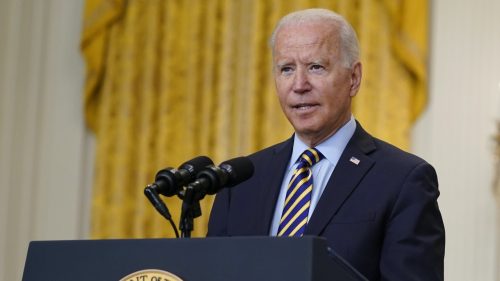

By Jessica Weisman and Rena Abdusalam
NEW YORK – The Biden Administration has been urged by a number of social justice groups to create a governmental body in charge of overseeing America’s commitment to upholding and implementing international human rights.
David Kaye, a professor at the University of California, Irvine, School of Law and a former United Nations special rapporteur on freedom of expression, said the U.S. is one of the only countries in the world lacking national institutions focused on a commitment to human rights.
Kaye adds, beyond international treaties, the U.S. had done little to ensure the implementation of human rights, arguing it is “‘time to make human rights not just a foreign policy issue, as important as that is, but also a question of America’s domestic practice.’”
In the letter sent to the Biden Administration from the social justice groups, they state that America has “historically resisted domestic implementation, monitoring and accountability mechanisms,” despite having established the Universal Declaration of Human Rights 74 years ago.
The U.N. Committee on the Elimination of Racial Discrimination has also been a proponent of America instituting such a framework, the groups said.
Director of the Jacob Blaustein Institute for the Advancement of Human Rights at the American Jewish Committee and former member of the UN Committee Against Tortures, Felice Gaer, argued, “When properly constituted and mandated, national human rights bodies can provide valuable oversight and means of implementing a country’s international human rights obligations.”
She added, “An American NHRI can offer a meaningful path to encourage U.S. institutions, buoyed by civil society, to adhere to human rights commitments that our government has made and to which we routinely call on other countries to adhere.”
Besides the treaties already joined, the message does not request the U.S. to produce any new international commitments.
The International Covenant on Civil and Political Rights (1992), the Convention against Torture (1994), and the International Convention on the Elimination of All Forms of Racial Discrimination (1994) are included in the joined treaties.
Additionally, the U.S. ratified two protocols under the Convention on the Rights of the Child. The protocols ban the involvement of children in armed dispute and the sale of children, prostitution and child pornography (2002).
Director of the American Civil Liberties Union’s Human Rights Program, Jamil Dakwar, said, “The United States is lagging behind other nations in translating its global human rights obligations into domestic policies, and an independent National Human Rights Institution would help advance this goal,”
Dakwar continued, insisting that such an organization must do more than supervise and execute U.S human rights commitments.
“It can educate and make human rights more visible. It can provide a platform for marginalized communities to uphold their human rights. And it can, in a near-term sense, reinforce the Biden administration’s own priorities, especially under its Summit for Democracy and National Strategy on Gender Equity and Equality,” noted Dakwar.